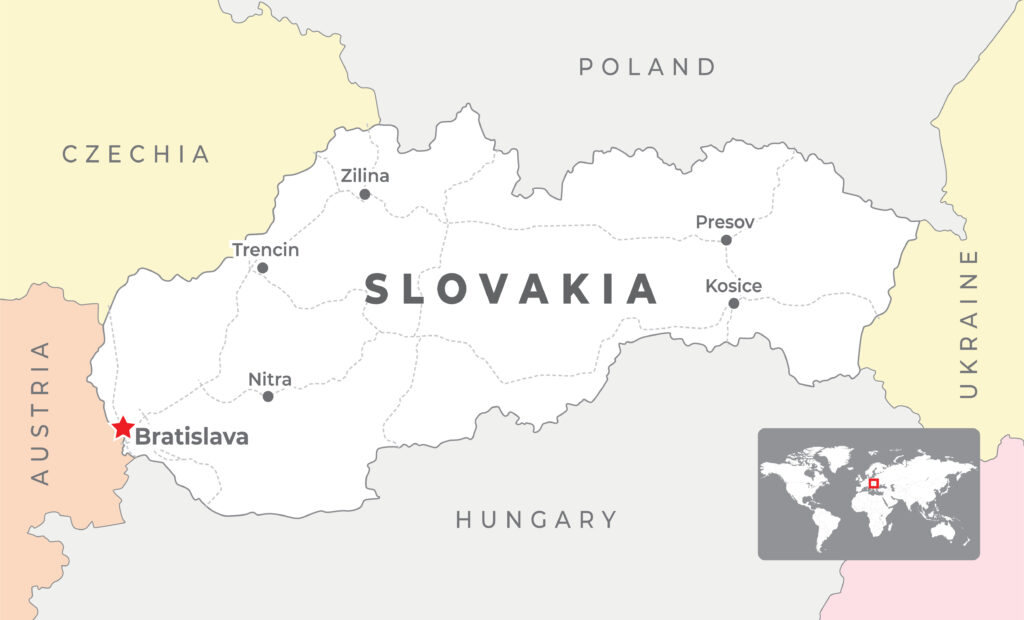More cases of foot-and-mouth disease have been confirmed in Hungary and Slovakia, which has declared a state of emergency.
Hungary confirmed its first case at dairy farm with 1400 cows in Kisbajcs, near the Slovakia border on March 6. Authorities estimate that the initial infection occurred between February 27-28, according to the NFU’s BAB office in Brussels.
There was growing optimism that, like in Germany, the virus had been contained to a single premises. However, on Wednesday (March 26), the Hungarian press reported that FMD had appeared on another cattle farm, with 2,300 animals in Levél, Győr-Moson-Sopron, approximately 40km from the first case.
This outbreak was close to the Austrian, with the control zones crossing the border, prompting Defra to expand its import ban on susceptible products from Hungary and Slovakia to Austria as well.
The source of the outbreak remains unclear and investigations are continuing.
Last week, FMD was confirmed in cattle on three farms in Slovakia, close to the region of Hungary where the virus was detected in early March. Between them the farms had around 2,800, according to BAB. A fourth case was confirmed on a farm with 3,000 cattle, close to the other three, on Tuesday (March 25).
BAB notes that the region is particularly important for Slovakian livestock production with 13,000 cattle and 128,000 pigs.
The Slovakian authorities declared a state of emergency on Tuesday to make it easier to enact control measures, including protection zones and surveillance zones and a stop on animal movements. Slovakia’s Ministry of Defence of has bought a supply of 10,000 vaccination doses.
Defra announced an import ban on susceptible products from both Hungary and Slovakia on March 7, following confirmation of Hungary’s first case. It was extended to include Austria, which sends only small volumes of pigmeat to the UK, today (March 27).




